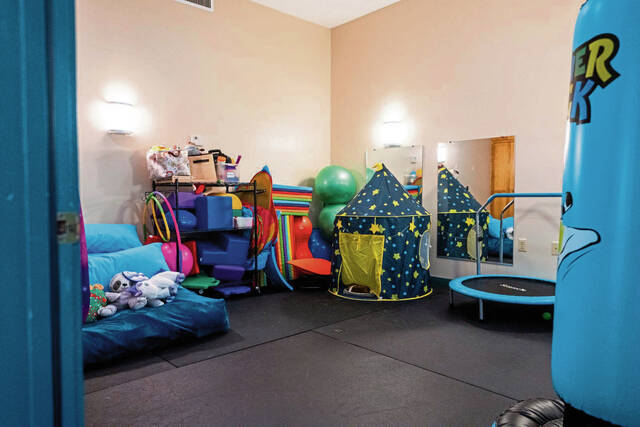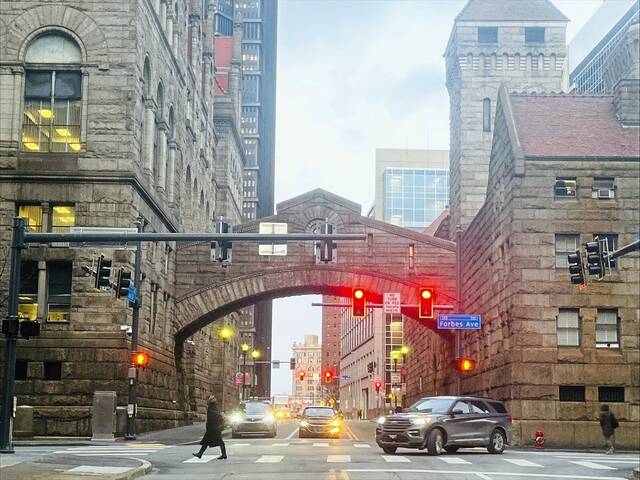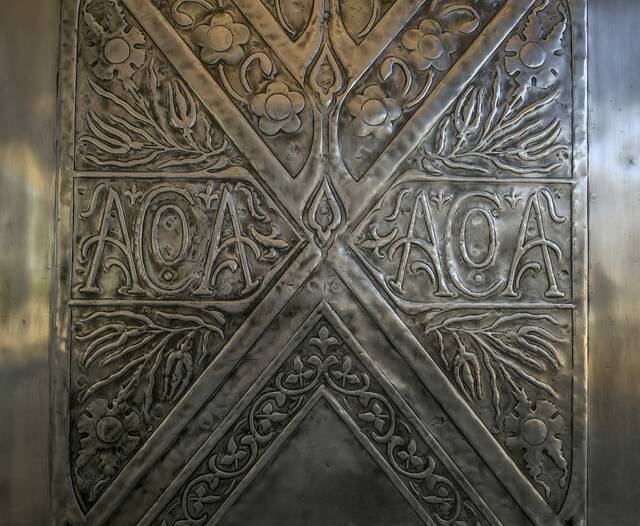A rape crisis center is a kind of sanctuary.
Not in the sense of a holy place or a house of worship. It is more a place of refuge in a storm of uncertainty.
These centers offer close and personal service, providing advice and information, counseling or support for those who have experienced sexual violence. When someone’s life is savagely ripped apart, rape crisis centers are there to not only pick up the pieces but also to help reassemble them.
On a larger level, they can be the vector for change. Rape crisis centers can be important for advocacy and education. They can help shine a spotlight in the shadows, showing threats that dwell just out of sight.
They weren’t something always available. In 1974, the first rape crisis center in Pennsylvania — and one of the first in the country — opened in Allegheny County. Pittsburgh Action Against Rape filled a need. Within five years, it also was serving children.
Today, 51 years after PAAR opened its doors, there are rape crisis centers serving every county in Pennsylvania. They do so with state funding that has remained flat for five years. Right now, even that is being threatened by the state’s budget impasse, nearing its fourth month.
That doesn’t mean the needs are not there. According to the National Sexual Violence Resource Center, about 1 in 5 women have been subjected to a rape or attempted rape — and one-third of those were as children. More than 90% were by partners or acquaintances. At the same time, 43% of men have reported some kind of sexual assault or harassment.
Sexual violence is out there. About 734,000 incidents are estimated from 2018 alone — and sexual crimes are among the most underreported.
In 2024, domestic violence centers in Pennsylvania saw a 12.4% increase in funding. This isn’t to pit the two kinds of support networks against each other. Indeed, they often serve the same communities. It is encouraging that domestic violence received more attention.
Now it is time for more recognition of the needs of rape crisis centers.
On Thursday, Maria Gardner did something brave — perhaps even braver than when she sought help in the wake of being sexually assaulted in 2021.
She stepped up to a microphone in front of the City-County Building, said her name and told her story. She did not hide. She was open and honest — not only to bring attention to sexual violence but also to give back the support she received from PAAR.
“Survivors of sexual violence should not need to publicly lay bare their most vulnerable moments to compel Pennsylvania legislators to pass the state budget — and yet here we are,” Gardner said.
She is right.
It should not take the tears, the shaking voices or the emotional, white-knuckled determination of someone who has faced the most deeply personal violations.
Rape exists. Sexual assault exists. Child sexual assault exists. The evidence is there, and it is irrefutable.
Rape crisis centers help women, men and children. They temper victims into survivors. They can make Pennsylvania safer.
Gardner stood on those steps and called for help for these helpers. We applaud her — and we join her.








